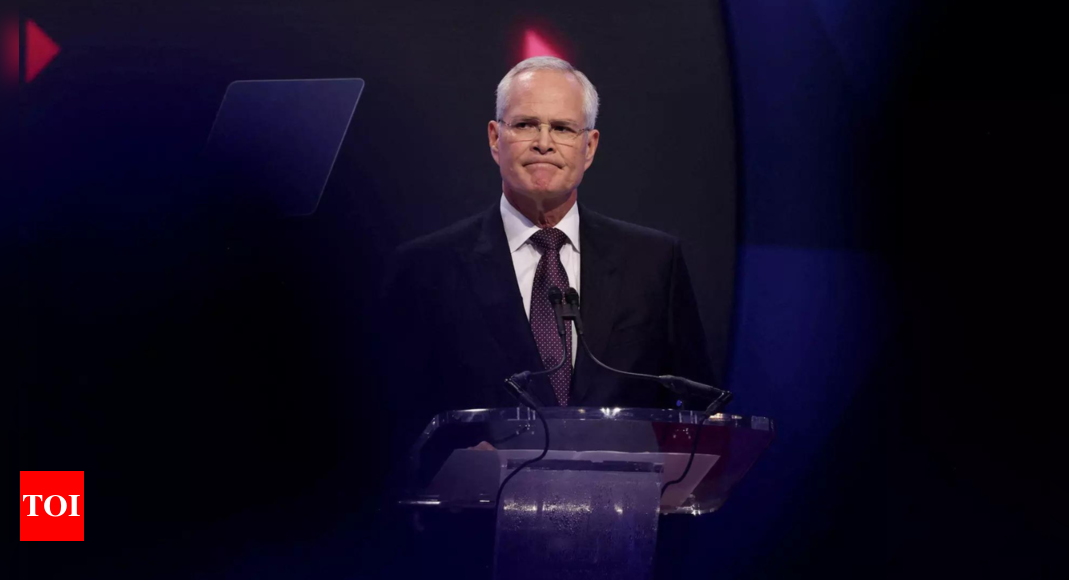Exxon Mobil CEO Darren Woods has dismissed the recent claim by the International Energy Agency (IEA) that wide-scale carbon capture is an implausible solution to climate change. Woods argues that the same criticism can be applied to electric vehicles and solar energy. Speaking at the COP28 climate summit in Dubai, Woods acknowledged that there is currently no solution at the scale needed to solve the problem. Despite the limited number of commercially viable carbon-capture projects due to high costs, electric vehicles constitute about 13% of the global new vehicle market, and solar and wind deployments continue to expand rapidly.
Woods’ presence at the event marks the first time that a CEO of Exxon Mobil, a fossil fuel giant, has attended one of the U.N.-sponsored climate summits. It reflects a growing trend among oil and gas companies worldwide to reposition themselves as part of the solution to global warming rather than a cause.
One of the key topics discussed at the COP28 conference is the future role of carbon capture technology and fossil fuels. The IEA, considered the West’s energy watchdog, released a report on November 27 ahead of the summit, stating that the fossil fuel industry is facing a critical choice between exacerbating the climate crisis or transitioning to clean energy. The report criticized oil and gas companies that argue for continuous drilling as long as emissions are cleaned up, calling it an illusion that carbon capture can solve the problem.
Exxon Mobil has committed $17 billion to its low carbon business, which encompasses carbon capture. The company maintains that greenhouse gas emissions, not fossil fuels themselves, are the primary cause of climate change. Woods believes that oil and gas will continue to play an important role in the world until 2050 but declined to provide an estimate of demand levels.
As part of Exxon’s low carbon strategy, the company announced its acquisition of Denbury for $4.9 billion in July. Denbury owns a 1,300-mile carbon dioxide pipeline network, which will be connected to offshore blocks in the Gulf of Mexico where Exxon plans to store carbon. Exxon has already secured long-term carbon reduction service contracts with the largest ammonia maker in the United States, an industrial gas company, and a major steel company, covering approximately 5 million tons of carbon dioxide per year. Currently, the global energy and industrial sectors produce around 37 billion tons of CO2 annually. Woods did not disclose specific details about the contracts but highlighted that the US subsidies provided in last year’s Inflation Reduction Act, which amount to up to $85 per ton for carbon capture and sequestration, will make the investments profitable. However, he stated that making money from these deals is still a few years away.











